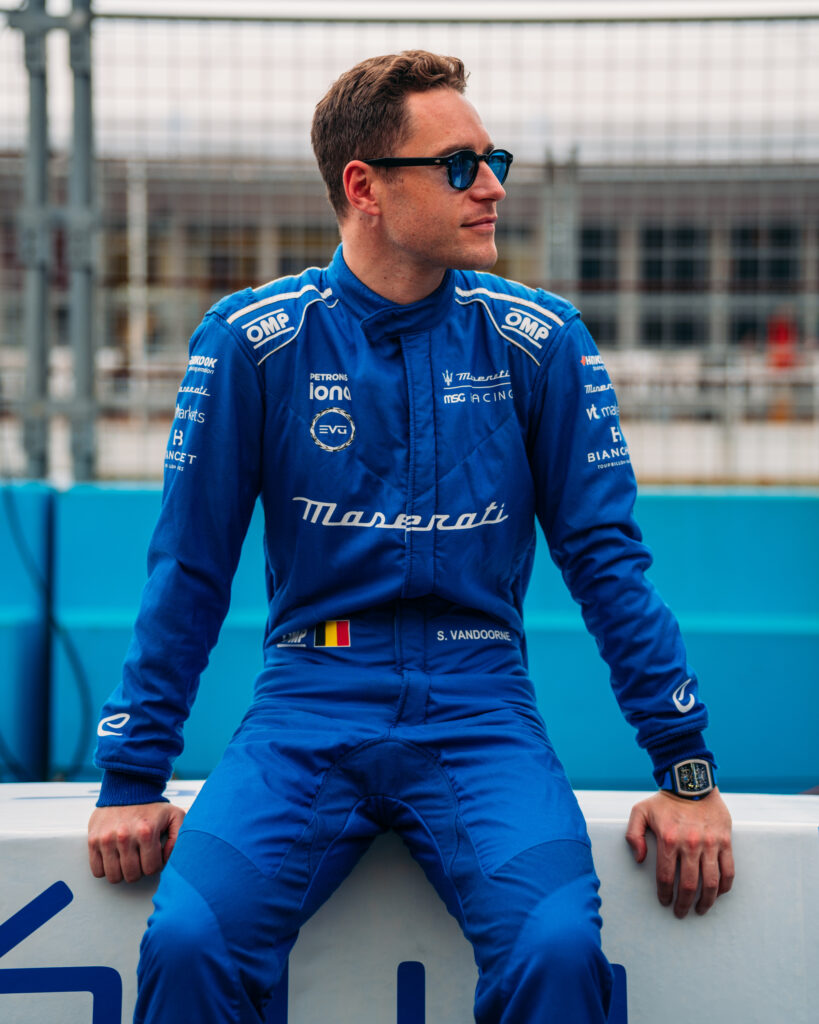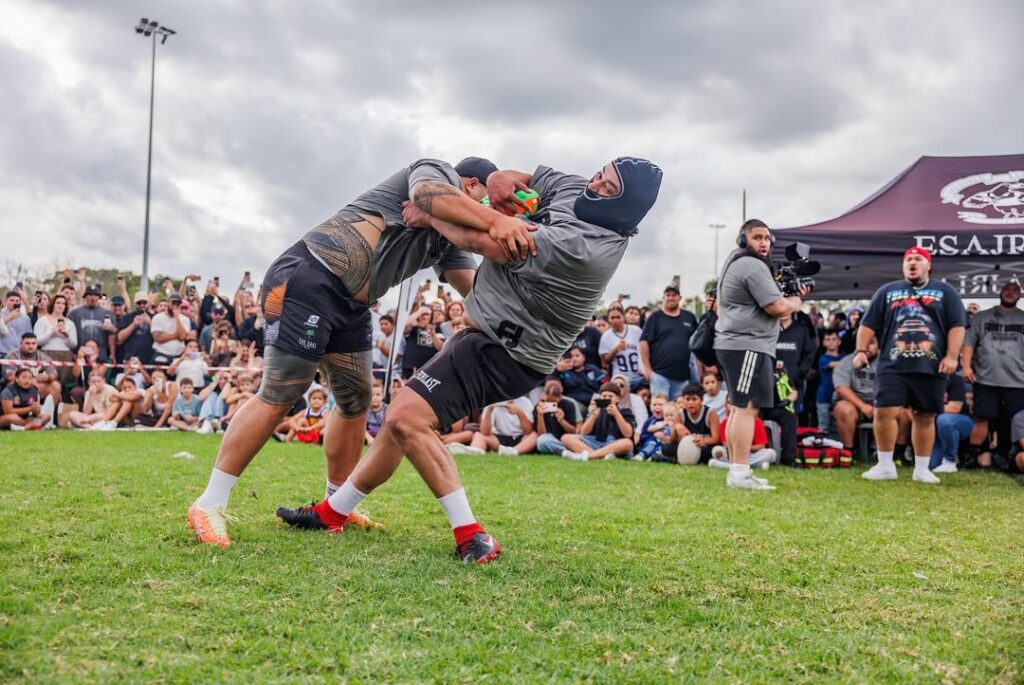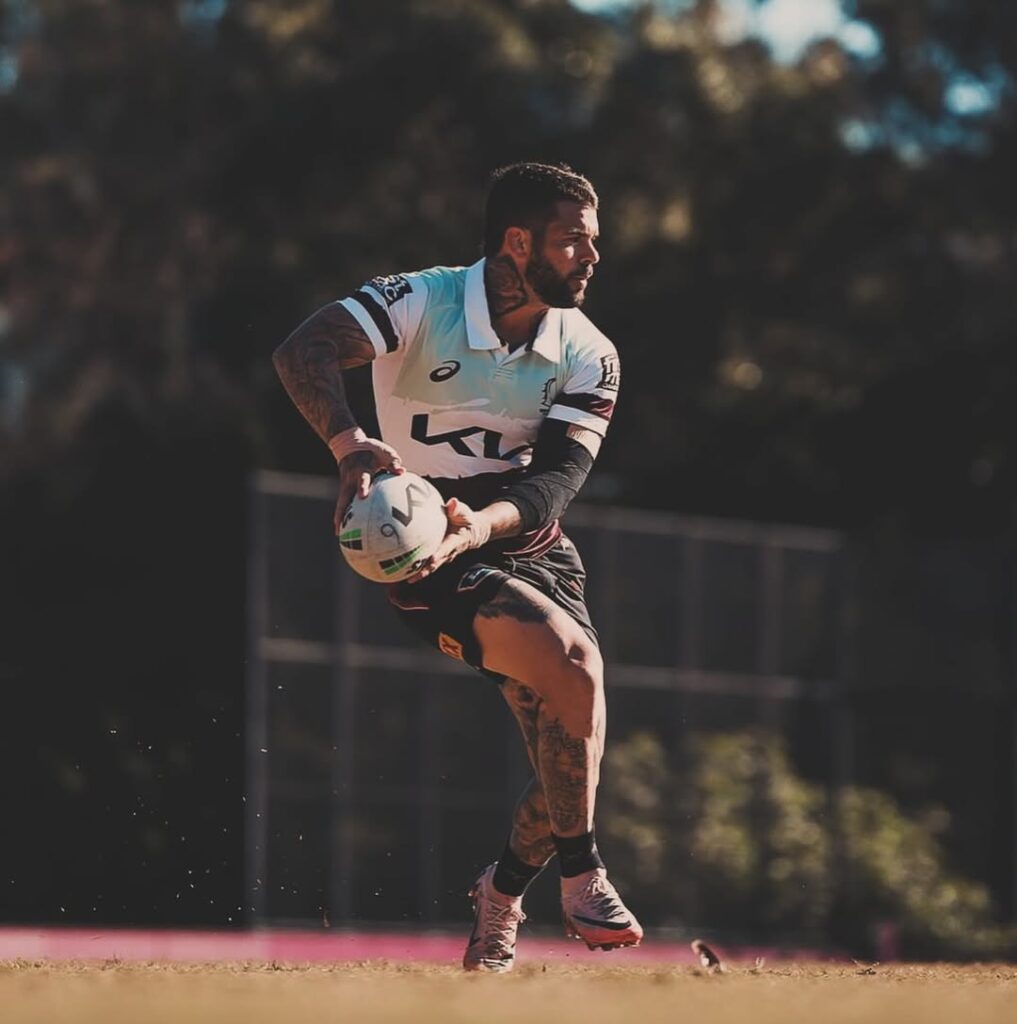In recent years, the impact of sports like NFL and rugby on the body have come into the spotlight, but just a few decades ago, and the risks of concussion and early-onset dementia were largely ignored. Instead, players devoted their lives to the sport and the success of their chosen team, throwing themselves into dangerous tackles and playing on despite hard knocks to the head. But such impacts can no longer be ignored and a legal case involving a group of rugby players diagnosed with early on-set dementia and other irreversible impairments is headed for the courts.
The players involved in establishing the case against rugby union governing bodies include former Wales captain Ryan Jones, England’s 2003 World Cup-winning hooker Steve Thompson and former All Blacks prop Carl Hayman. Jones, now aged 41, who was a member of the British and Irish Lions squad on the 2005 tour of New Zealand, revealed his diagnosis with early-onset dementia and probably chronic traumatic encephalopathy (CTE) to the Sunday Times in an interview this month.
He explained, “I feel like my world is falling apart. I am really scared because I’ve got three children and three stepchildren and I want to be a fantastic dad. I lived 15 years of my life like a superhero and I’m not. I don’t know what the future holds.”
Jones added, “I am a product of an environment that is all about process and human performance. I’m not able to perform like I could, and I just want to lead a happy, healthy, normal life. I feel that’s been taken away and there’s nothing I can do. I can’t train harder, I can’t play the referee, I don’t know what the rules of the game are any more.”
Not surprisingly, Jones and other players argue that the sport’s governing bodies were negligent in that they failed to take reasonable action to protect players from permanent injury caused by repetitive concussive and sub-concussive blows. The group of nine players came to issue their pre-action letter of claim to the governing bodies in December of 2020.
In the years that have since elapsed, the parties have not been able to agree on a settlement. Now, it seems likely that the case will head to court, where it will receive a formal pathway to trial. The proceedings will be issued by Rylands Law on behalf of the players, who suggest this application for group litigation order is the biggest “class action” lawsuit to be launched outside the United States. The law firm represents more than 185 rugby union players aged in their 30s, 40s and 50s.
As Rylands explains, this is not a case intended for financial compensation, but rather “making the game safer and ensuring current and former players get tested so that if they are suffering a brain injury they can get the clinical help they need.”
“The players we represent love the game. We aim to challenge the current perceptions of the governing bodies, to reach a point where they accept the connection between repetitive blows to the head and permanent neurological injury and to take steps to protect players and support those who are injured.”
rylands law
World Rugby has yet to comment on the claims, with a spokesperson issuing the statement: “As of Sunday afternoon, World Rugby has not been issued with a legal claim. It would be inappropriate to comment until we have received the formal details of any action being taken.”















